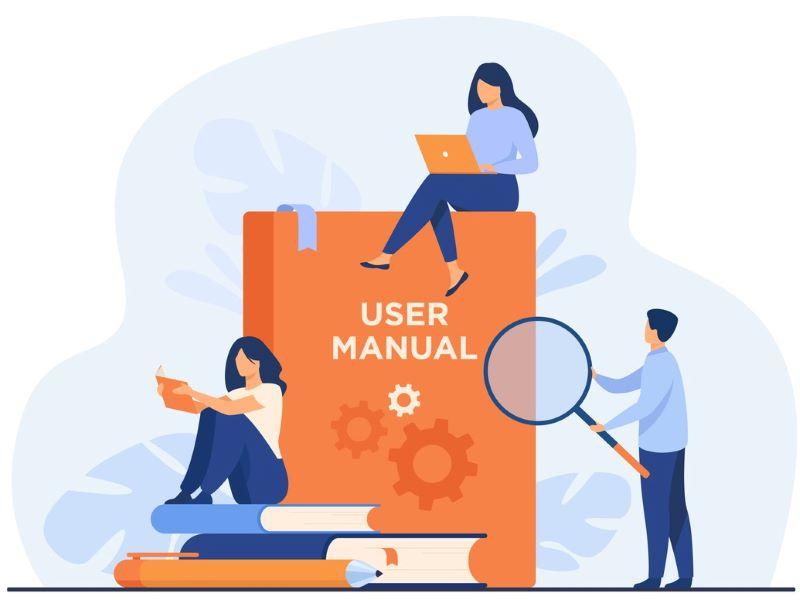
Ten tips when instigating an assessment transformation programme

You may also like
Many higher education institutions are transforming their assessment practices in response to a number of external influences. For example, universities have had to reconsider assessment design in the face of generative AI’s rapid advancements, both to strengthen academic integrity and to enable students to develop AI literacies needed for future employment.
Similarly, many English institutions will have had to revisit components of assessment as part of their attainment strategy, due to Office for Students Access and Participation Plan requirements, which were brought in to close awarding gaps.
Here, I provide 10 tips for instigating an assessment transformation programme within your institution.
Start with curriculum and assessment priorities: Your university’s curriculum framework would provide the nucleus for identifying assessment priorities. By way of an example, at the University of Bedfordshire, five priorities are included in the assessment strand of our curriculum framework: authentic assessment, assessment choice and flexibility, assessment scheduling, assessment explanation and a feedback-rich environment. Similarly, the employability strand defines graduate competencies that should be embedded within courses, including assessments. These priorities need to be reflected in assessment transformation “beacon” priorities.
- AI as tutor and critic: using tech to personalise education
- Assessments that maintain fairness and authenticity without AI
- Spotlight guide: The evolution of authentic assessment
Align to wider institutional imperatives: Priorities for assessment transformation should also be informed by institutional education and student experience strategies, assessment and feedback policies, quality frameworks and regulations (such as Mental Health Charter or Race Equality Charter applications) that relate to assessment. Given that many university staff will have varying degrees of familiarity with such work, it is important to show how these are interconnected. Developing an assessment ethos statement can help to communicate how overarching imperatives (such as employability, equity of opportunity or well-being) have informed your institutional assessment transformation agenda.
Seek to facilitate curriculum and infrastructure change together: Assessment transformation is best seen as two distinct areas of activity: curriculum and infrastructure. A curriculum strand relates to the progressive embedding of new assessment practices within courses, such as increasing student co-creation opportunities or reviewing language used in assessment briefs.
In contrast, an infrastructure strand addresses assessment change projects – for example, updating a policy, establishing new processes or investing in systems. By developing an incremental multi-year assessment transformation action plan, any changes in pedagogy can be progressively introduced, as permitted by the infrastructure at that point in time. At the start of a new academic year, pedagogical principles can be updated to reflect the new opportunities provided by the completion of assessment infrastructure change projects.
Consult with academic and professional services stakeholders… It’s critical that both academic and professional services stakeholders, either directly or indirectly involved in assessment, are meaningfully consulted. Identify key staff as soon as possible and encourage them to share feedback on priorities and proposed actions. This helps to ensure buy-in and to ensure that timelines for delivering changes are feasible. It also helps identify any areas where business cases may be needed for investment – for instance, the reconfiguration of student systems.
…third space practitioners… Staff members in roles that transcend traditional academic and professional service positions (including learning developers and academic librarians), and who work directly with students, will have broad and in-depth (and often unheard) understanding of how students are experiencing assessment. These staff should be encouraged to share their insights to inform emergent assessment transformation priorities.
…and students: An assessment change programme has an exceptional potential to act as a catalyst, providing increased opportunities for students to meaningfully work with academic staff to create assessment approaches together. This is particularly applicable when working to embed overarching assessment priorities in the context of a school or specific course. As such, I would strongly advocate for a students-as-partners focused priority to be included in any assessment transformation programme.
Launch institutionally… Given the need to achieve buy-in for assessment transformation, a successful launch event is critical. A themed institutional event, such as a teaching and learning conference, provides an excellent opportunity to publicise the programme and reach a wide audience. A conference also provides the opportunity to invite specialist external and internal speakers to share previous experiences of delivering assessment change related to prioritised areas. Asking speakers to focus on providing practical examples will help to support attendees to consider how best to approach making changes to their practice.
…and locally: Kick-off events should be planned for faculties and/or schools. They provide a dedicated opportunity to explore the implications of the transformation programme with more nuance, in terms of faculty/school preparedness. For instance, assessing the status of current courses in terms of alignment to the curriculum assessment priorities. Additionally, events like these can serve to identify future training needs for course teams. Such opportunities for exploration will support academic staff to integrate assessment transformation planning into course enhancement and school business plans.
Provide bespoke support for course teams: Course teams will be in different positions when it comes to implementing assessment priorities. The best way forward is a bespoke approach to supporting course teams. This could involve curriculum consultancy, whereby a centralised teaching and learning unit works directly with course teams to address the developmental priorities identified by academic staff. This approach ensures that continuing professional development will be both highly relevant to course teams and scheduled at times when all can participate.
Monitor and evaluate: As with any change programme, an evaluation and monitoring plan must be developed at the outset. Initial feedback could be collected through existing student voice channels (such as unit feedback exercises or via course representatives) – with perhaps a specific focus on assessment, if not already addressed. This could be supplemented with targeted research to evaluate the impact of specific actions. Longer-term, student outcome data and national surveys (such as NSS or PTES) results will illustrate the impact on learning and the student experience.
A clear vision and long-term action plan are essential to deliver assessment transformation. It is my hope that these tips will help others who are embarking on their own assessment transformation journey.
Steve Briggs is director of learning and teaching excellence at the University of Bedfordshire.
If you would like advice and insight from academics and university staff delivered direct to your inbox each week, sign up for the Campus newsletter.


